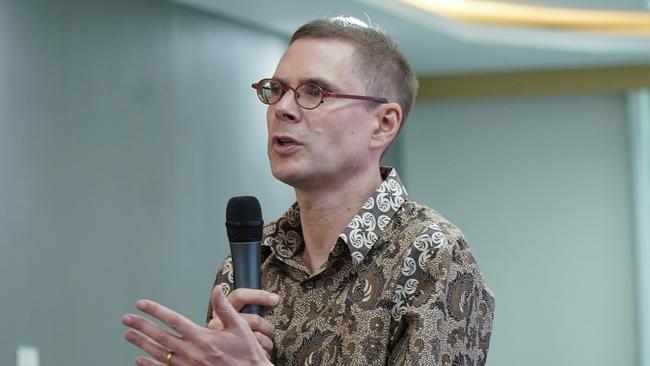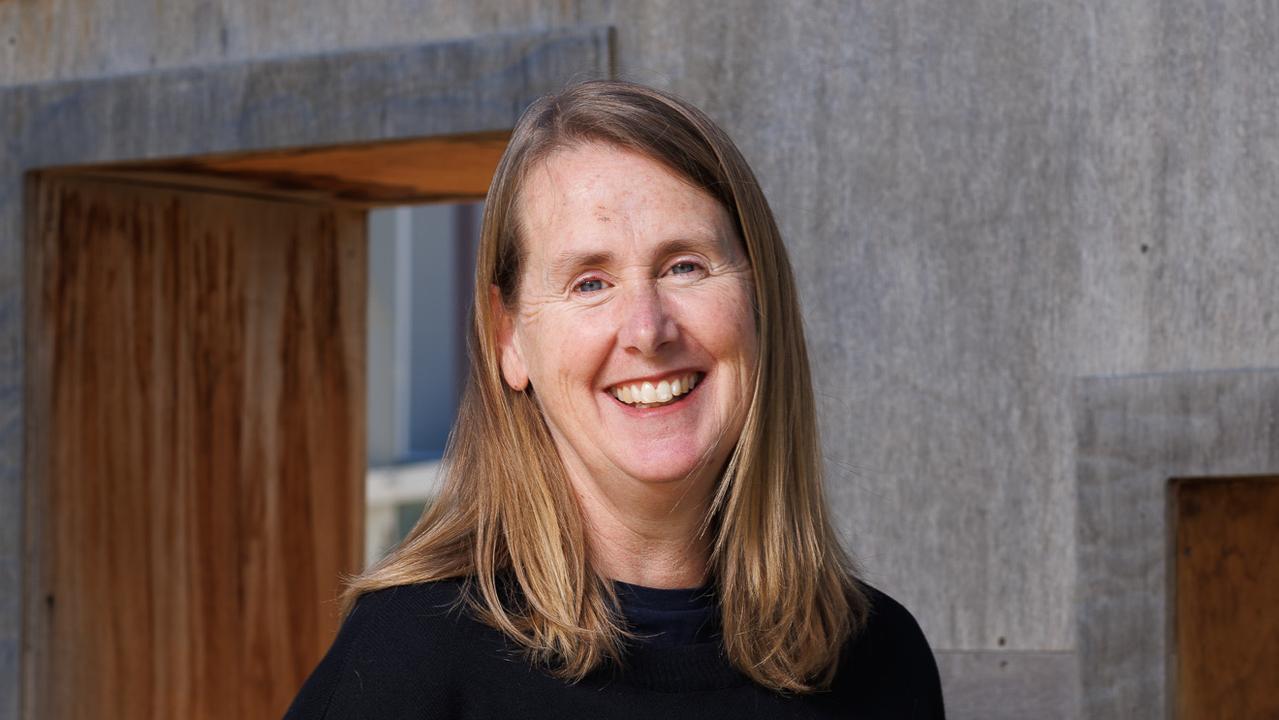Marcus Mietzner is our top researcher in Asian studies and history
Marcus Mietzner from the Australian National University is Australia’s top researcher in Asian studies and history.

Political scientist Marcus Mietzner remembers his first “eye-opening” visit to Indonesia as a teenager, a trip that sparked a lifelong fascination with the region and its leaders.
Born and raised in Germany, Mietzner was 11 when his best friend moved to Jakarta. Three years later, he decided to visit his elementary school buddy and the pair spent time travelling around Indonesia.
“As someone who had never left Europe before, this was an eye-opening visit to me,” Mietzner says. “I’d always been interested in politics from a very young age, and when I visited Indonesia it was ruled by long-time autocrat Suharto.
“This was so different from my own experience with Germany’s post-war democracy that I decided to read extensively on Indonesia’s political history and present.”
His interest turned into an academic career that has focused on Indonesia and its political parties and presidency, including the political role of the military in Indonesia, campaign financing issues, elections and similar politics in Southeast Asia.
Mietzner, who was named in The Australian’s 2025 Research magazine as Australia’s top researcher in Asian studies and history, has written three books on the region and has recently conducted a series of interviews with former president Joko Widodo for an upcoming book.
The ANU associate professor says he also regularly briefs agencies such as the Department of Foreign Affairs and Trade about his research and has been called on by media in Australia and Indonesia for comment.
“I believe that my work on Indonesian politics has informed many Australian policymakers and some in the general public, too, about how the country’s institutions and processes function,” he says.
After that first trip to Jakarta as a teenager, Mietzner started a degree in Southeast Asian studies at Frankfurt’s Goethe University once he’d finished high school
Part of his course in Frankfurt included an exchange year in Indonesia, where he became fluent in Indonesian and began his first research, a thesis on a rebellion in the Moluccan islands in the 1950s.
On graduating, he moved to Canberra and the ANU to do a PhD on the Indonesian military. But while doing fieldwork for his research, he began working for USAID in Indonesia, where he remained for seven years.
Mietzner returned to ANU to finish his PhD by 2005, and began as a lecturer in 2008, focusing his projects on political parties and the presidency in democratic Indonesia.
“My research approach is mostly qualitative in nature. I believe in interviewing the political actors I write about,” he says.
“I also spend a lot of time on the ground to directly observe processes, such as elections, party congresses or presidential events.”
In mid-2023, he was surprised to be approached by an aide to then president Widodo to ask if he’d be interested in writing a book about the president.
“This was despite my critical writings on him for much of his rule. This was the beginning of a fascinating year in which I could spend time up close with Widodo,” he says.
Mietzner is intrigued by the dilemmas faced by leaders making decisions that affect entire nations, such as temptations of power and corruption and the utilitarian choices they make to keep populations content.
“I enjoy looking behind the scenes; I often find during my research that events unfolded very differently from what was reported in the press, and that actors took decisions for reasons that were very different from what was stated publicly.”



To join the conversation, please log in. Don't have an account? Register
Join the conversation, you are commenting as Logout